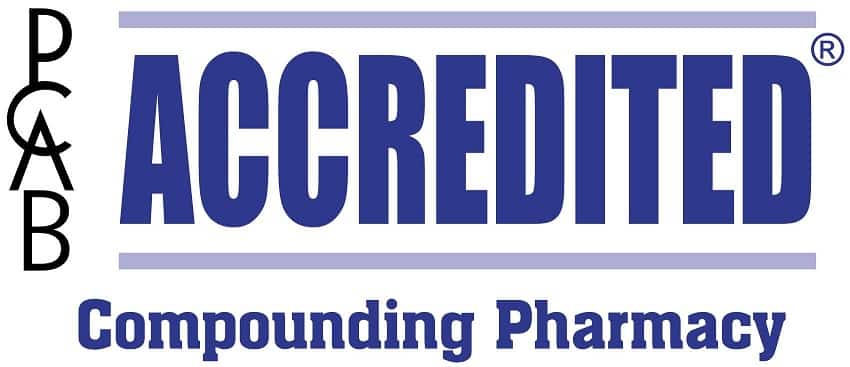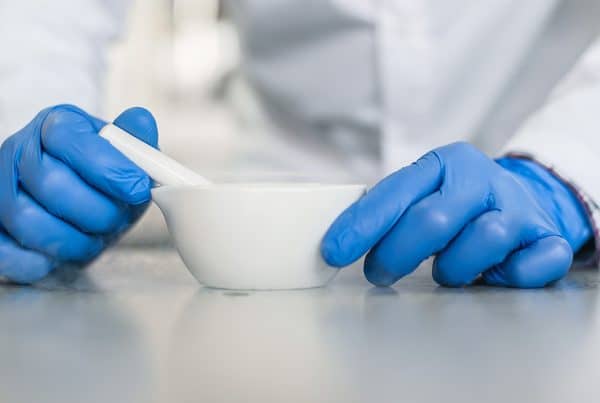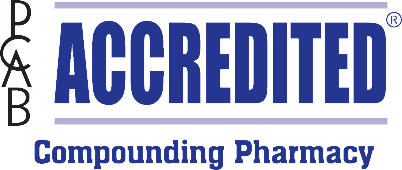Compounding Accreditation
Preston’s Pharmacy has obtained accreditation from an organization that specializes in accrediting compounding pharmacies, such as the Pharmacy Compounding Accreditation Board (PCAB). These accreditation organizations evaluate compounding pharmacies based on specific quality and safety standards, ensuring that they meet or exceed industry requirements.
Having accreditation from a recognized organization indicates that the compounding pharmacy has undergone a comprehensive evaluation process. It demonstrates their commitment to providing high-quality compounded medications and adhering to strict guidelines regarding sterility, ingredient sourcing, equipment, and training of personnel. Accreditation provides assurance to patients and healthcare providers that the compounding pharmacy meets industry standards for safety, quality, and professionalism.
Who are PCAB?
-
Demonstrate Your Commitment to Excellence.
-
Differentiate Your Organization.
-
Gain a Partner in Accreditation.
Why is PCAB accreditation important?
- Quality assurance: PCAB accreditation signifies that a compounding pharmacy has demonstrated a commitment to quality and safety in their compounding practices. It indicates that the pharmacy has undergone a rigorous evaluation and has met or exceeded PCAB’s standards for compounding medications.
- Patient safety: PCAB-accredited pharmacies follow strict protocols and procedures to ensure patient safety. These include appropriate handling, compounding, and testing of ingredients, as well as adhering to sterile compounding practices when necessary. Accreditation helps protect patients by providing assurance that the compounded medications they receive are of high quality and meet regulatory standards.
- Compliance with industry standards: PCAB accreditation requires compounding pharmacies to comply with specific industry standards, such as those set by the United States Pharmacopeial Convention (USP). This ensures that pharmacies are following guidelines for ingredient sourcing, compounding techniques, labeling, documentation, and other important aspects of compounding practice.
- Professional recognition: PCAB accreditation is recognized by regulatory bodies, healthcare professionals, and patients as a mark of distinction. It demonstrates that the compounding pharmacy has voluntarily undergone an independent evaluation and has met stringent requirements, enhancing the pharmacy’s reputation and credibility within the industry.
- Continuous improvement: Maintaining PCAB accreditation involves ongoing monitoring and reassessment. Accredited pharmacies must undergo regular inspections and demonstrate ongoing compliance with PCAB standards. This commitment to continuous improvement encourages compounding pharmacies to stay updated with the latest best practices and advancements in compounding.
Overall, PCAB accreditation provides assurance to patients, healthcare providers, and regulatory bodies that a compounding pharmacy has met high-quality and safety standards in its compounding practices. It promotes patient safety, professionalism, and confidence in the medications provided by accredited compounding pharmacies.







